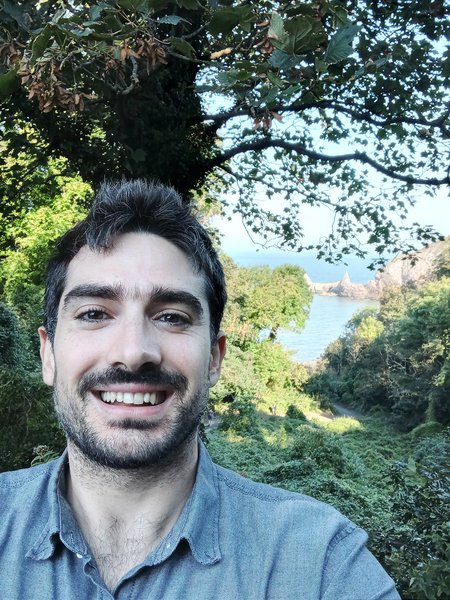Three fellowships for George Datseris
Now at the University of Exeter, Dr. Datseris is devising a conceptual model for global cloudiness to better understand the global scale energetic impact of clouds, its fluctuations, and its dependence and impact on different climatic states. Dr. George Datseris is a postdoctoral researcher interested broadly on computational nonlinear dynamics, their applications for better understanding large scale climate, and specifically better understanding large scale cloudiness over long timescales.
Dr. Datseris joined the Max Planck Institute for Meteorology in January 2020 as a postdoctoral researcher. His first project involved analysing satellite radiation measurements to better understand hemispheric imbalances in cloudiness, and how they bring balance to the hemispheric reflectance of solar radiation, a topic known as “Earth’s hemispheric albedo symmetry”. After this project he used a data-driven approach to obtain simple representations of the spatiotemporal distribution of cloudiness, that elucidate a minimal number of environmental factors that can statistically explain the distribution of cloudiness over the whole globe. During the second half of his time at the Max Planck Institute for Meteorology, George used insights from his second project, and invaluable feedback from his colleagues, to write the proposals that were successfully awarded the three aforementioned fellowships.
Further information:
About the Marie Skłodowska-Curie Postdoctoral Fellowships
About the Royal Society Newton International Fellowships
About the German Research Foundation Walter Benjamin Fellowships
Contact:
Dr. George Datseris
University of Exeter
g.datseris@exeter.ac.uk
Website

